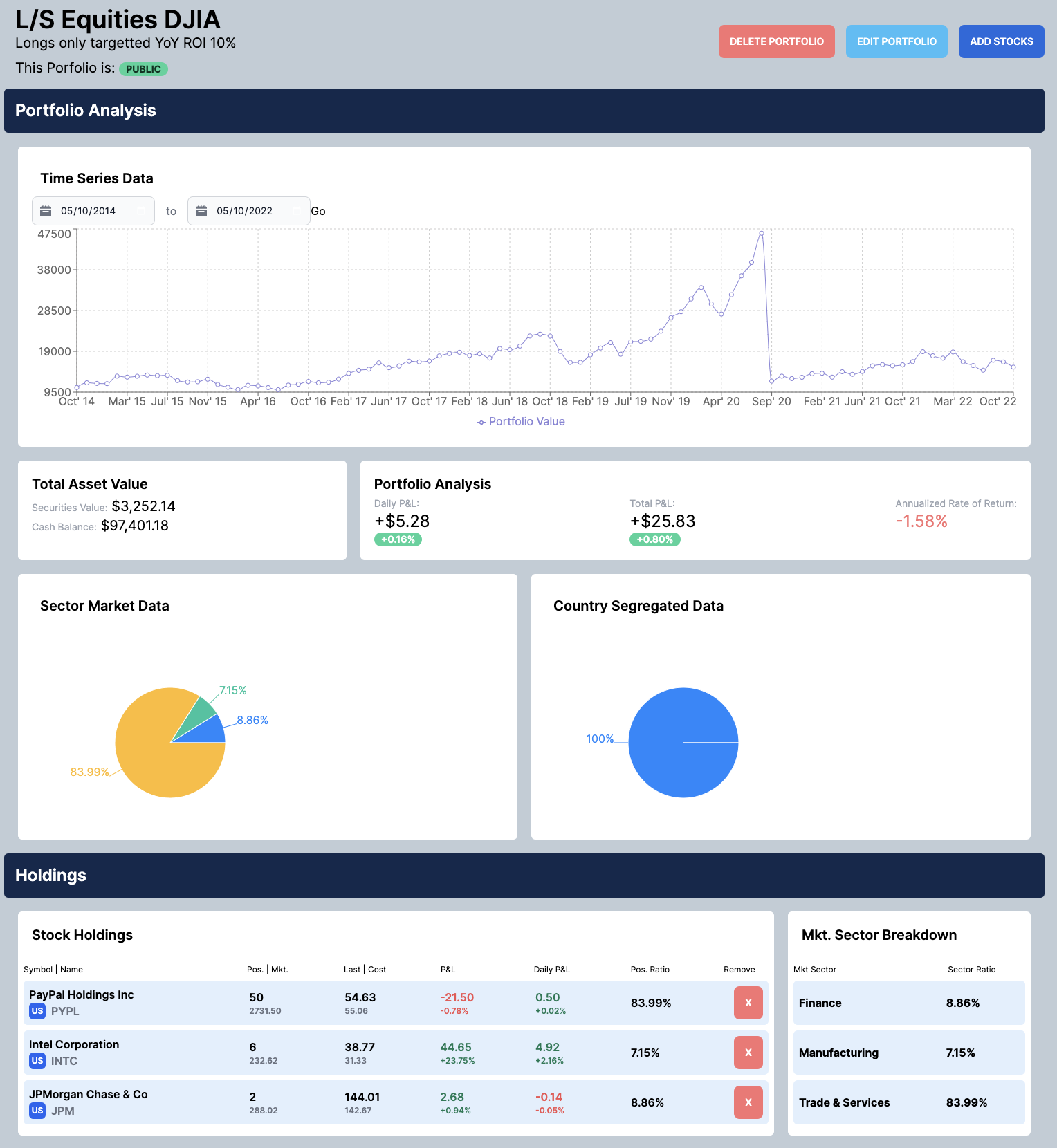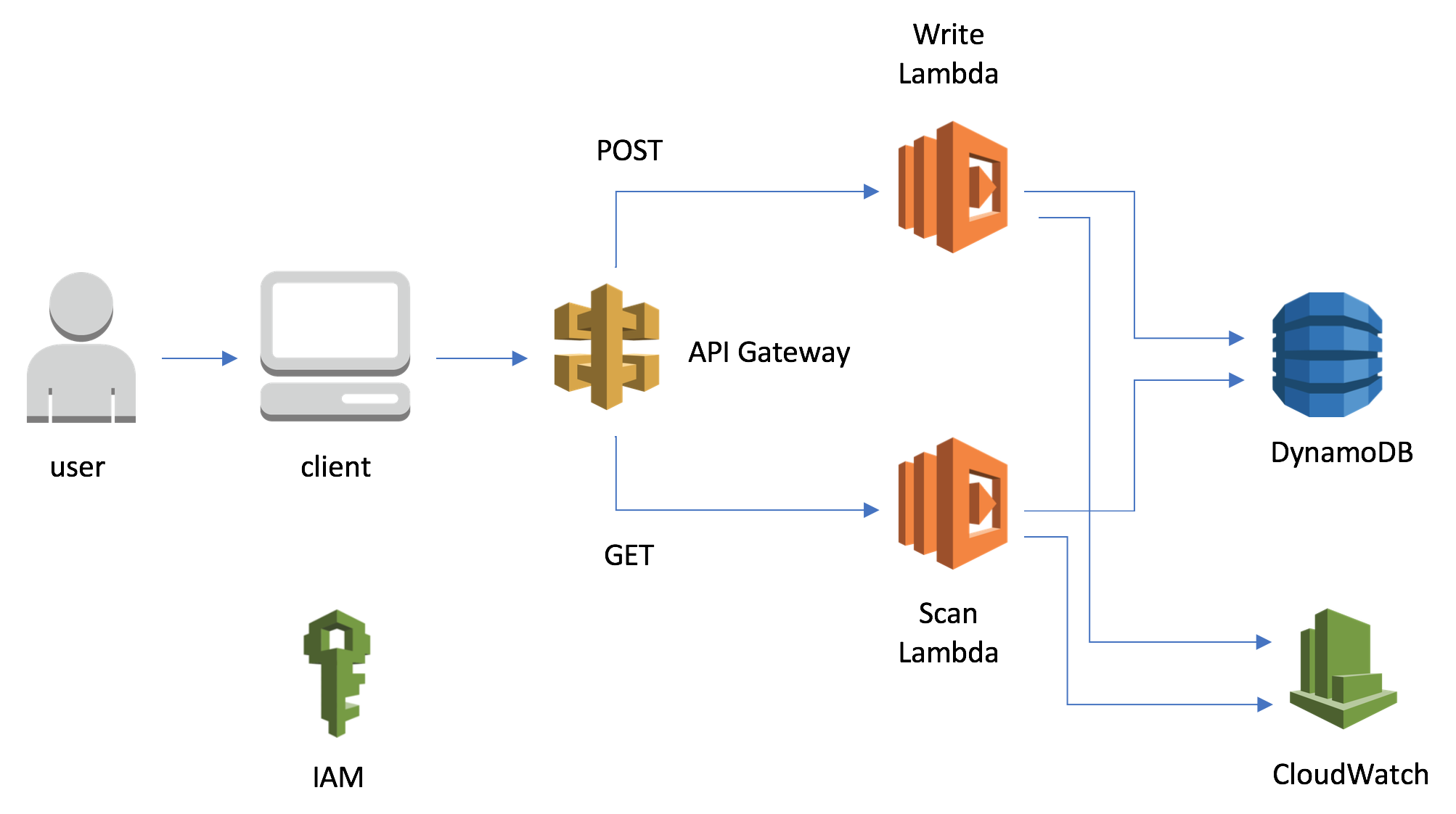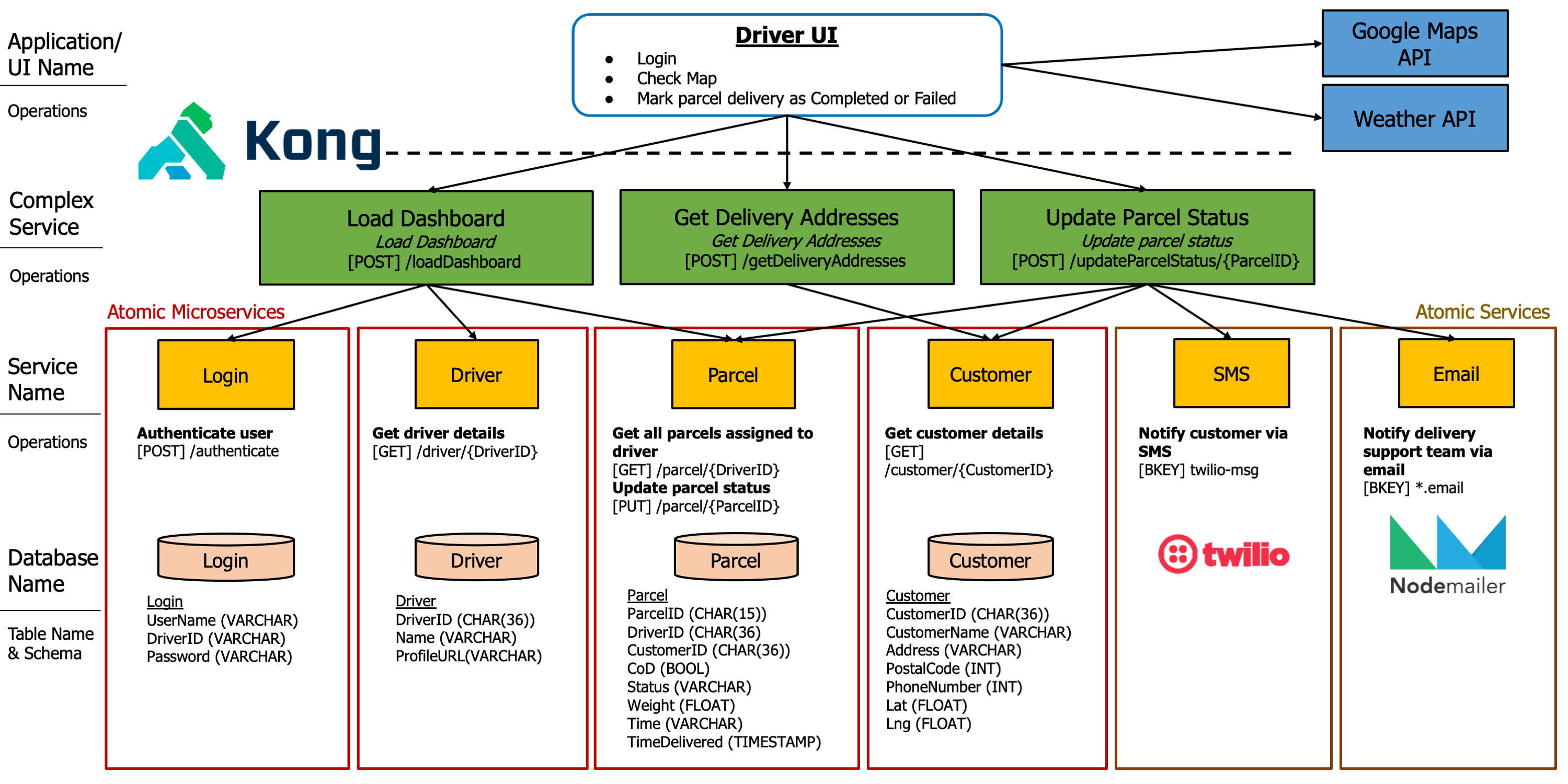Techniques of Working Hard
If you haven’t read my posts on the Fundamental Tenets of Hard Work you should go check it out.
We briefly touched on what it means to Work Hard. Let’s explore the exact techniques and strategies you can take to work more with less,.
The 5 tenets of Hard Work hold true. They must be constantly refined and let us expand on them and see how we can do that.
1. Hard Work is work that makes your brain go: “what the hell is this”?
To constantly achieve this, you’ll have to constantly be learning something new, solving a novel problem. That can be something as small as learning how to do a for-loop in a new language, to thinking of a better way to make your bed.
Don’t dive into something too difficult, because it immediately triggers negative feedback from your brain and you’ll hate what you’re doing. Instead, work towards learning something small or doing something new.
In study terms, this means always exploring things outside of the syllabus and asking why. In working terms, this means to always be on your toes and doing things outside of your job scope that you’ve never done before. To give examples:
- Going beyond to learn about microservice design patterns when you’re learning about what is a microservice
- Going beyond to learn a new programming language in your projects
- Doing a hackathon you’ve never done before
- Solving the hardest problems in your project - and initiating new things in your project that you’ve never done before. E.g if your project is on web development, think about how you can deploy your application.
- If you’re learning how to bake a cake, don’t just follow the instruction manual, ask yourself what exactly each incredient does? What if I remove the said ingredient, can I replace it with anything else? What if I use twice of the said ingredient, can I predict the exact taste that turns out?
These are non-exhaustive examples, and just be sure that your brain is always learning something new. If you’re learning something new, it also means you SHOULD NOT be good at it. If you’re good at something, or doing well, it probably means you’re not doing Hard Work. I go indepth into this during the study techniques deep dive.
Essentially, you should be struggling when you’re working. If you’re able to breeze through what you’re doing, its a good sign that its not challenging enough and you need to work on more difficult tasks. This doesn’t mean not doing well in exams though ~ the worse you do during practice, the better you’ll score during exams. I go indepth more.
2. Hard Work is undistracted work
There’s really no substitute for this. Throw away everything that distracts you. Study alone, turn on the “Do Not Disturb” function on your phone. Quit whatever is distracting you. I stopped using Social Media, and limited my game time to achieve this because I’m someone who gets distrated easily.
If possible, even consider leaving your phone in a corner and turning off all notifcations on your computer. That means no chatting while working.
Does this mean that you should ALWAYS work alone? No. You can also do undistracted group work, in certain conditions. In general, meetings are a waste of time unless you can do them well. Here’s some rules to follow for meetings:
- Keep it short - all meetings should be under an hour.
- Do the work BEFORE the meeting. No work should be done during meetings - this is one of the biggest time wasters I’ve seen and this differentiates high performers from low performers. High performers complete all their work before the meeting, and use meetings to discuss about what’s next.
- Come up with an agenda. Do you go into the meeting explicitly having a checklist of things to do? If not, you’re probably wasting time.
- Stay on track - use the first 5mins to break the ice. Ask about what you all did during the weeks, ask about non-work related questions. The other 45 - 55 minutes should solely be focused on work. No phones, no going off track.
I’ll write more on how to optimise meetings in another post.
3. Hard Work is work that is draining to be done for prolonged hours.
To achieve this, it goes nicely with point (1). When you’re learning something new, and doing something difficult, that’s when your brain is really working. Your brain is like a muscle. To grow bigger muscles, you need to place the right amount of stress (work) on them. You then take breaks in order to let the muscles repair themselves and become stronger than they were before.
In this case, doing difficult work and working your brain places the correct stress on the brain. You then take strategic breaks (which I’ll also discuss) to repair your brain. If the work you’re doing isn’t tiring enough, your brain just isn’t working hard enough to grow.
4. Hard Work involves sacrifice and discipline - Hard Work involves you doing the things that need to be done, even if you hate doing it.
Theres really 2 things that you need to do
Stop Complaining and get it done - the sooner the better.
Have a project that you absolutely hate? The moment the project is released, start working on it right away.
Have a subject which you’re really bad at? Put more hours into that with the right methods and strategies (which I’ll discuss).
Take initiative
Don’t wait for work to come, be the one that does the work before anyone even asks for it. Have a project discussion coming up? Take the inititive to send out meeting invites, lay out meeting agendas. Compledted your portion of the work? Start working on extra features of the project that are beyond your job scope. Submission is coming up in 3 weeks? Make the effort to proof read the project and give comments to your team on how to improve their sections.
Hard Work favors those that make the first move
5. Hard Work pays in compound interest
I cannot emphasise this enough. The first few months will be painful. You’ll be thrown into a whole new dimension of work, and you’ll be tired.
The first few months of anything are always the hardest. You have to push through it and constantly iterate, finding and refining your study techniques into something that works best for you.
On the same note, because Hard Work pays off over time, the more time you spend, the better. This means that you either:
- Spend more time per week
- Start early
This could means putting more hours per day than required, or even starting on work way before the deadline. Note that I start studying and reviewing my notes even before the lessons start. The moment the project deliverables are released, I take a look at it and organise a meeting in the same week. Even since Week 1, I start reviewing my notes and going through the content. There is no such thing as “starting too early”. There is no substitute for discipline.
5. Conclusion
Next, we’ll get to the best parts. We’ll breakdown the exact techniques to use to learn. We’ll dive deep into meta-learning, and understanding how to tackle different kinds of issues or exams. We’ll break down the different kinds of techniques:
- General Learning Principles
- SMU-Specific Techniques
- Meta-learning Optimisation
There is an optimal way to study for every exam and every quiz. Take a look at them below:



